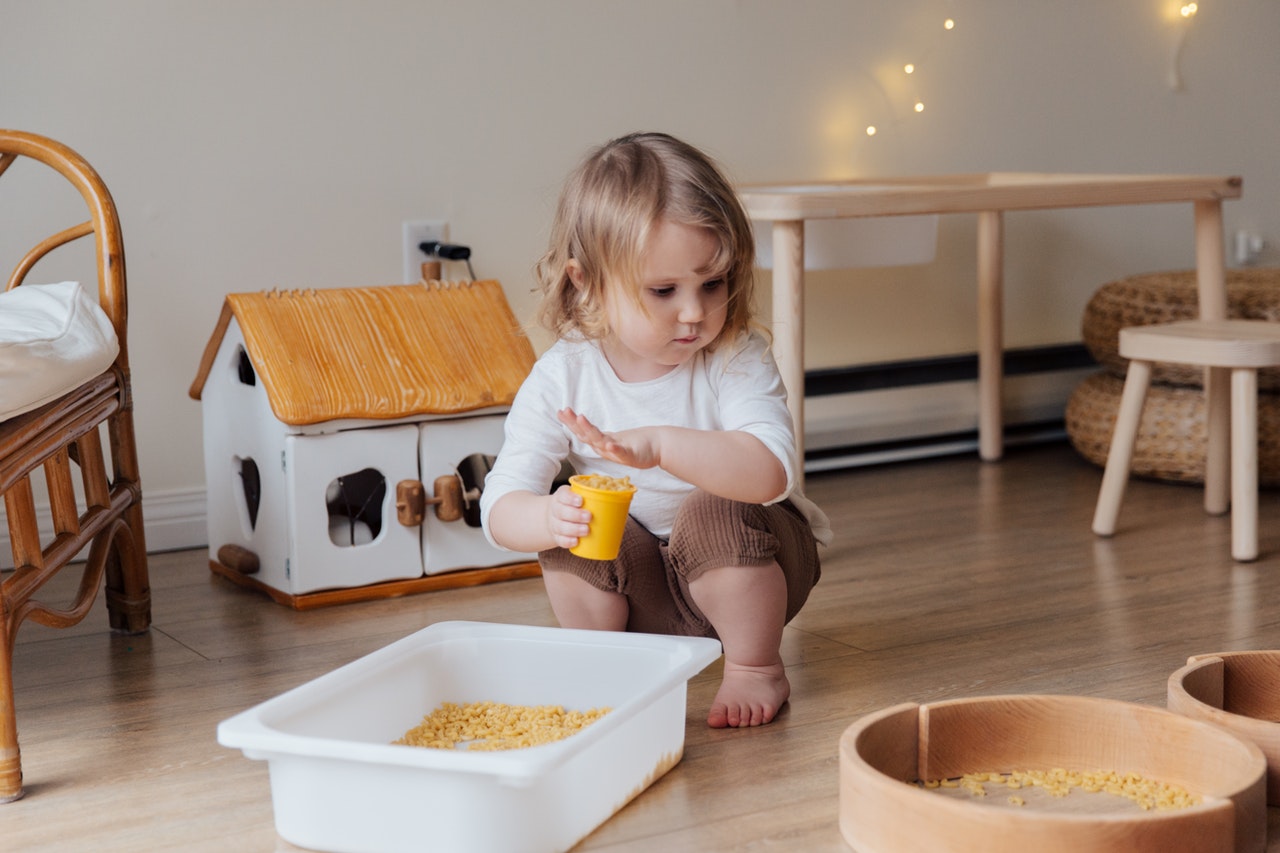When you think back to when you were a kid, more often than not, your mind wanders to the moments you spent playing and having a blast with your friends and family.
It’s to those instances of joy in our young lives that we create lasting memories and inform how we live our adult lives with a similar sense of wonder and play.
Whether you’re thinking of adding space to make room for a play area, or you already have one—there’s no question: Having an area for your little ones to play and ultimately learn and grow is invaluable.
A space in the home for children to play is an opportunity for them to develop a sense of identity, personal space, and independence.
The Benefits of a Play Area
A child’s sense of identity is extremely important to their development, and a play area that reflects your child’s worldview will help in the development process.
Through the acts of playing and discovery, kids are called upon to act on their own resources.
Because a play area affords the parent an opportunity to supervise at more of a distance, a child will be more inclined to try new things on their own and come up with ways to eliminate feelings of boredom.
When you allow a child to feel independent during their play time, their confidence levels go way up, and ensures the way they see themselves in comparison to their peers is not diminished.
Walking hand in hand with a child’s sense of identity is their simultaneous need for personal space. Just like you need your space to work and be with yourself, a child needs their space to play.
It’s important to remember that a child’s space to play should be just that: theirs.
Not only will it allow their imaginations to be free to explore the possibilities within the play area, they may be less likely to bring their games out into other areas of the home where playing isn’t appropriate.
Reinforcing that the play area as their own won’t just necessitate an additional boost of independence, it will build a trust between parent and child. And, as an added bonus, you—the parent—can take a second to breathe.

Play Areas and Home Learning
Regardless of your child’s level independence and sense of personal space, there’s a good chance they’re a little confused (like most of us are!) as to what exactly is going on with coronavirus.
If you’re in the same boat as many American parents, then home-learning is something you’ve had to deal with.
Fortunately, creating a great school environment or a tutoring area for homeschooling doesn’t have to be that much of a headache, and, if you’ve already got a play-area consider yourself halfway there!
While converting a corner of your child’s play area into a learning corner is certainly no substitute for a classroom, it’s a great option to get them re-engaged in learning.
A kid’s play area, as we’ve said above, is their space. It’s a place where they feel like they belong. It’s comforting to be there, they know it, and they own it.
When kids associate learning with playing, they’ll be much more inclined to sit with you and the lessons of the day, which makes your job as a parent much easier.
Conclusion
Having a designated play area at home is one of the best moves you can make if you haven’t already made it.
It can serve as a useful makeshift classroom while home-learning is still on the docket during Covid-19, but more importantly, an “unstructured” play area in the home is absolutely essential to your child’s growth and development.
When they learn a little bit about themselves and what they like, they uncover their independence and autonomy, and those are two things they will carry with them for the rest of their lives.



Comments are closed.